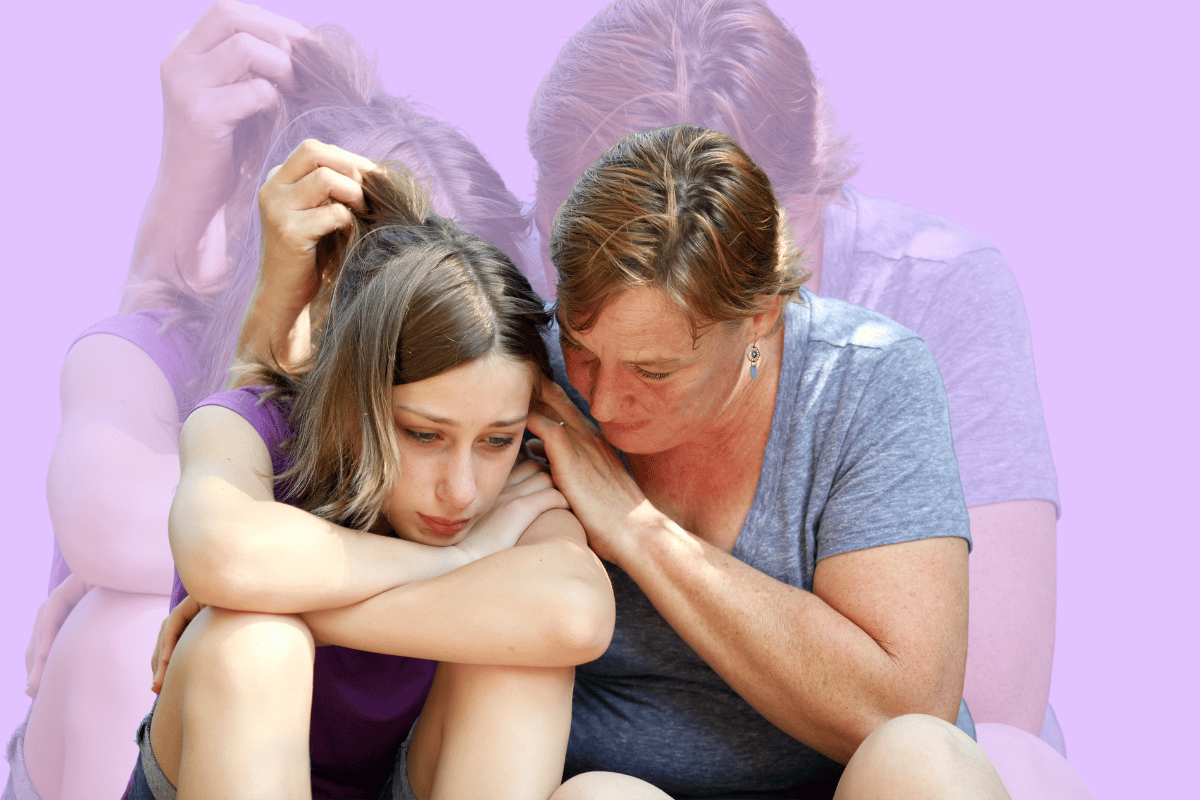
We talk more than ever about body shaming, size inclusivity and the issues of toxic diet culture, and yet according to shocking new research, more than half of Australian women and girls hate their bodies.
Through the Dove Self-Esteem Project, research has revealed that 58 per cent of young Australian women are dissatisfied with their overall appearance and 46 per cent report they are often upset with the way they look.
A staggering 59 per cent report they are dissatisfied with their body weight and 61 per cent with their body shape.
Watch: The Cost of Beauty Campaign by Dove. Post continues below.
Dove and national charity The Butterfly Foundation have taken this data seriously, launching a petition for a National Body Image Inquiry to kick-start a conversation about body image in Australia. It is hoped the petition can help reveal what changes need to be made, including understanding the full impact of body dissatisfaction, and the role played by social media.
Allira Potter The Butterfly Foundation's 'Body Pride' Ambassador, and host of Mamamia's 'Fill My Cup' podcast, is dedicated to promoting body acceptance and celebrating women of every size.
As someone who once suffered at the hands of bullies simply because of her body shape two decades ago, she is getting behind this campaign for a national inquiry, because she is desperate for change.
